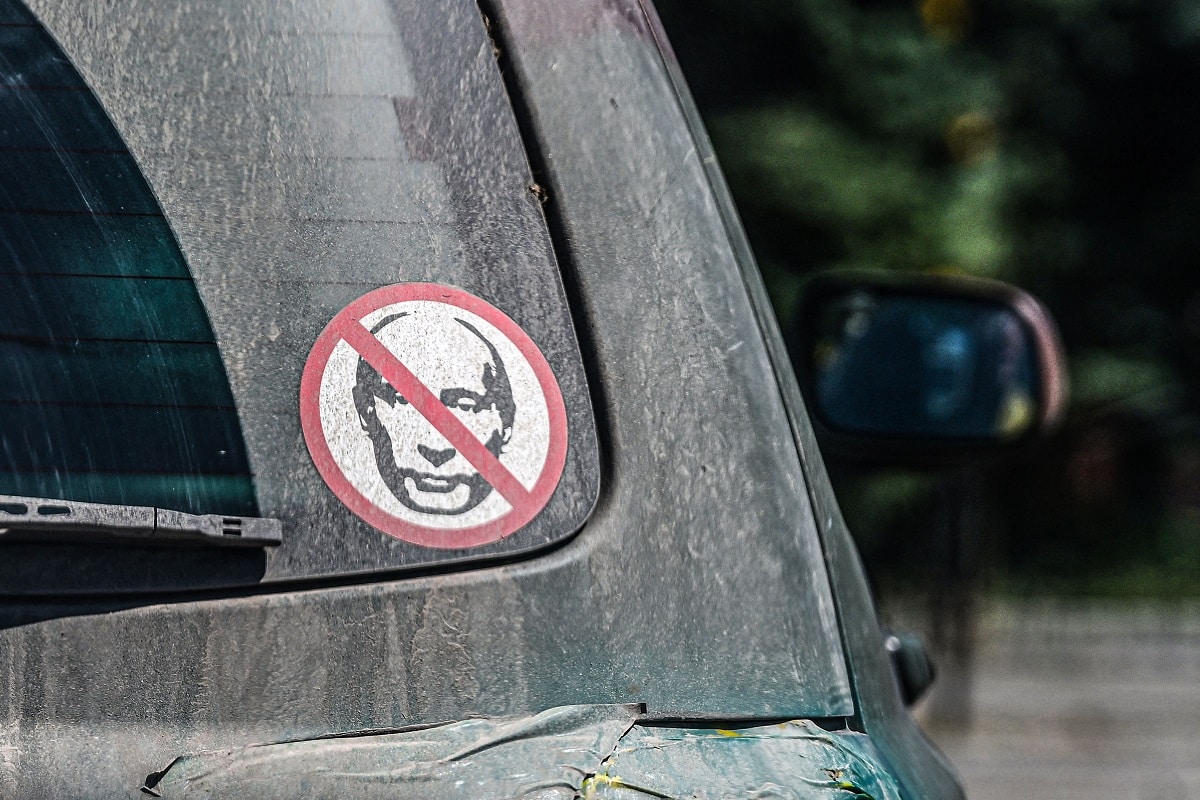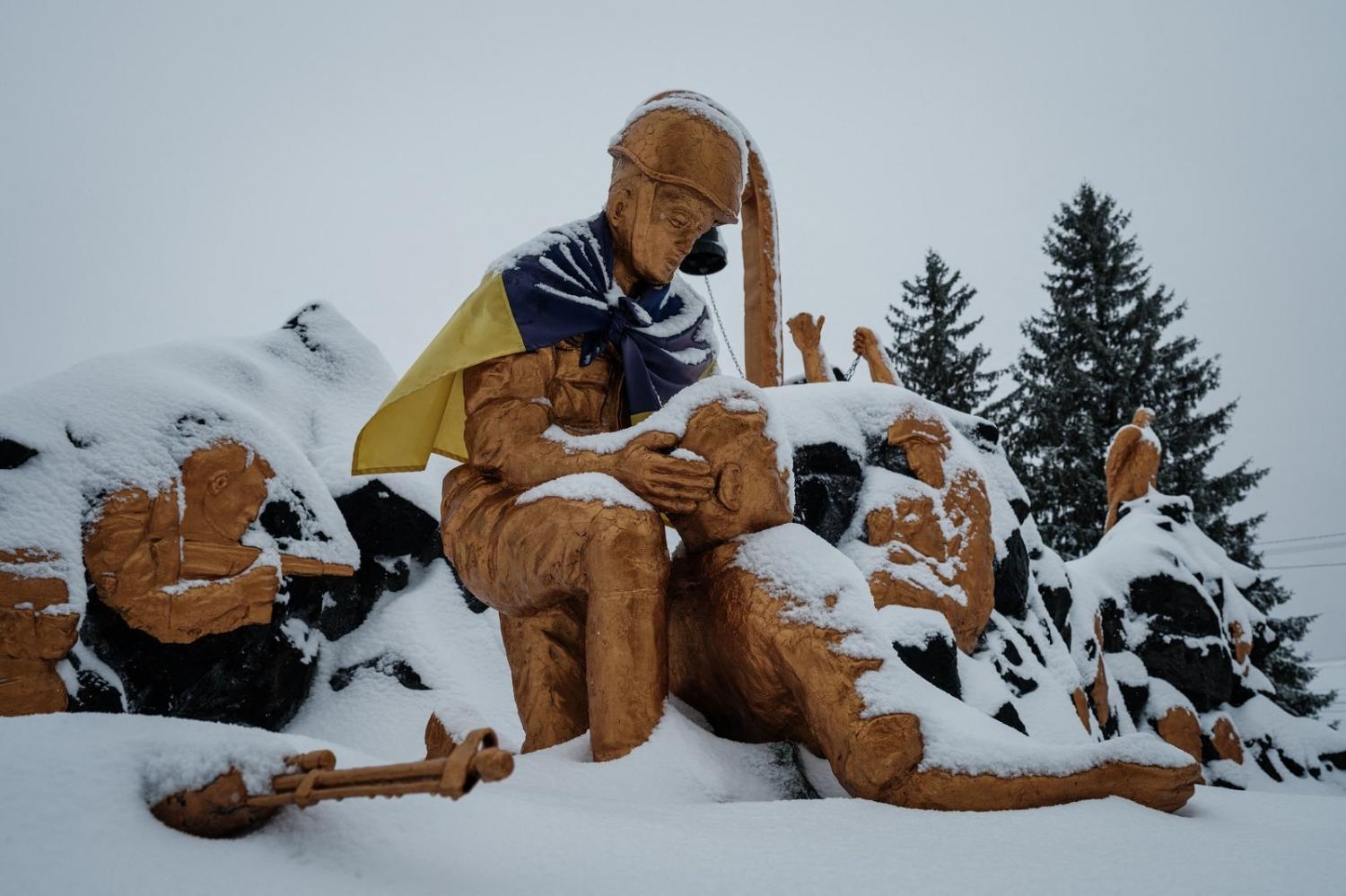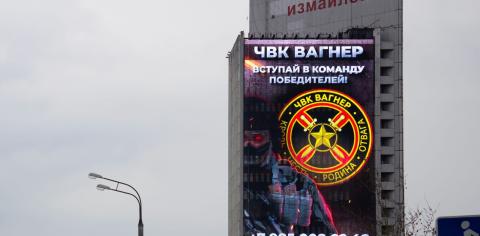One year into Russia’s invasion of Ukraine, the war is heading for another critical moment.
Russia is expected to launch a major new offensive in the Donbas. Ukraine wants to hit back with a counter-offensive to retake occupied territories. Faith in the Ukrainian army among Western backers is high. But there is a big problem: Ukraine is using up ammunition much faster than North Atlantic Treaty Organisation (NATO) members can manufacture it.
“Things are happening quickly. But we need to continue, we need to step up even more because there’s a big need out there to provide Ukraine with ammunition,” NATO Secretary-General Jens Stoltenberg said last week. “This is now becoming a grinding war of attrition, and a war of attrition is a war of logistics.”
While NATO members are under pressure to increase their peacetime military production, Ukraine is also under pressure from the United States to quickly swing the war in its favour while foreign military aid continues to flow.
This time a year ago, things looked different.
Before the invasion, many didn’t believe in the possibility of a state-on-state war in Europe. As Russia gathered troops on the border with Ukraine, the move was so bold it seemed a bluff. Then, many didn’t believe Ukraine could withstand a much bigger enemy.
But Ukrainians defied the odds. And Russian President Vladimir Putin has lost in many ways.

Not only has Ukraine withstood Putin’s assault, it has managed to rally massive international support and keep military aid coming throughout the year. A recent survey by Ipsos revealed that public support for Ukraine globally has not changed, and interest in news about it remained high by the end of 2022.
Ukrainians have emerged as a more united and widely admired nation under the leadership of their charismatic President Volodymyr Zelenskyy. They took up arms, raised funds for the army, and tirelessly advocated for their cause on every available platform at home and abroad. Russia’s propaganda machine faltered, and Ukraine has completely dominated and controlled the narrative.
Many Russian-speaking Ukrainians have abandoned the language they now view as belonging to the enemy. Anecdotal evidence suggests that the same trend is happening in the former Soviet republics of Central Asia, where the war has also sparked reflections on national identity and history, and politicians have shifted their attention towards China. Among Russia’s ethnic minorities and the world at large, people are having long-overdue conversations about Russia’s colonial legacy and imperial ambitions.
NATO has been revitalised. Sweden and Finland – previously neutral states – are on the path to joining the alliance. The European Union has cut oil and gas imports from Russia. An unprecedented barrage of sanctions has turned Russia into an international pariah. Isolation has forced the Kremlin to desperately ramp up diplomatic efforts in Asia and Africa. The country saw a massive exodus of both foreign businesses and its own people; at least 500,000 Russians are estimated to have fled since the start of the war. The number of Russian soldiers killed and wounded in Ukraine is approaching 200,000 according to The New York Times, citing US and other Western officials.
Russian war crimes have been meticulously documented by local and international investigators. The International Criminal Court has launched a probe, and more than 40 countries and the European Union have supported Ukraine’s proceedings against Russia in the International Court of Justice. The mounting body of evidence collected early means it will be preserved before it is lost or destroyed, and witnesses’ memories fade.
But while Putin has had many setbacks, he is not yet losing the war. The Russian economy is hurting but it is still paying for the war machine. And time is not on Ukraine’s side. The Ukrainian army is much more prepared than at the war’s outset, benefiting from both Western weapons and training. Yet it is still outnumbered. With little regard for his people and human life in general, Putin is ready to throw as many bodies onto the battlefield as needed.
Military analysts speculate about the outcomes of the war. The truth is nobody knows. And that’s why we’re entering another year of uncertainly and fear. What is clear is that we can have no illusions about Putin’s true motives and his lack of desire for peace. There is little hope of change coming from Russian’s liberal opposition, and the prospects of protest have been dimmed as dissenters have been imprisoned, intimidated or pushed into exile.
Ukrainians will have to defy the odds once again and attempt to finally defeat the Russian army. This too will come at a price. Russia has responded to past Ukrainian advances and Western aid by indiscriminately targeting civilians and bombing energy infrastructure. In the coming year, we are likely to see more of the same.

